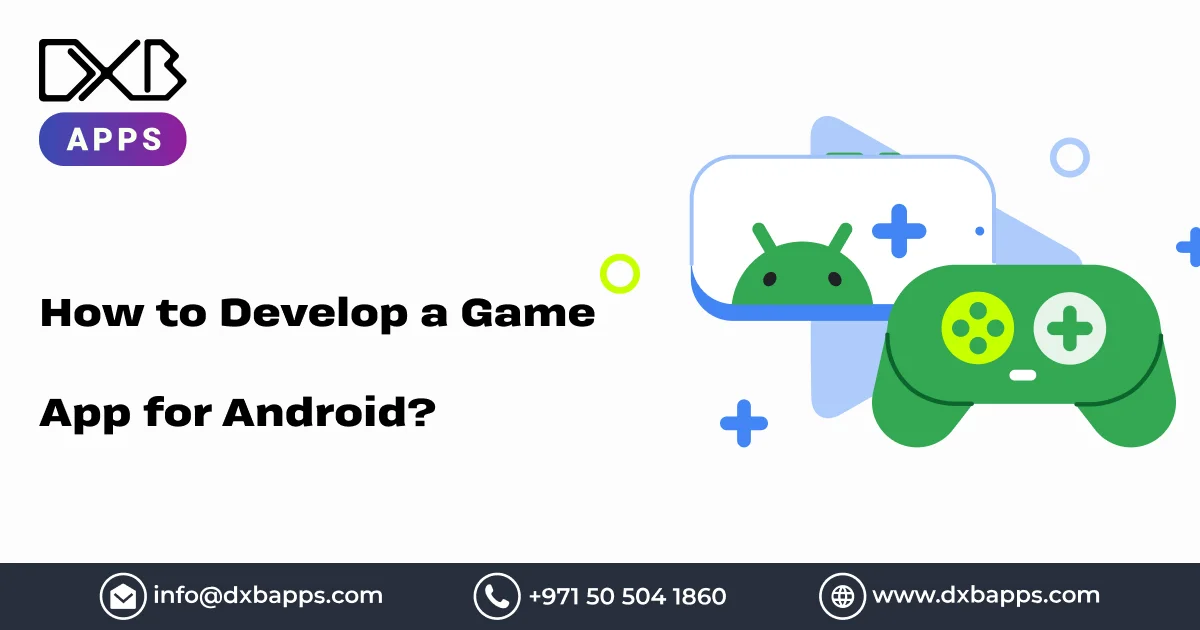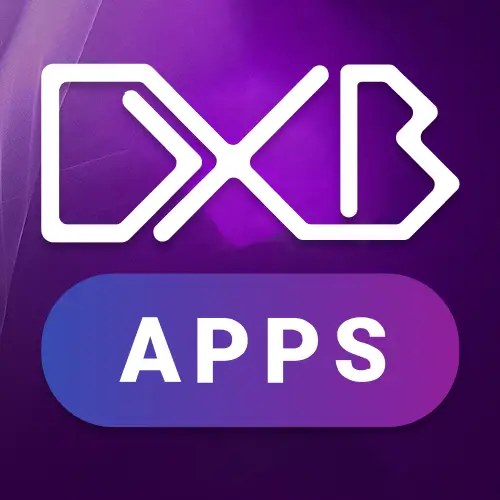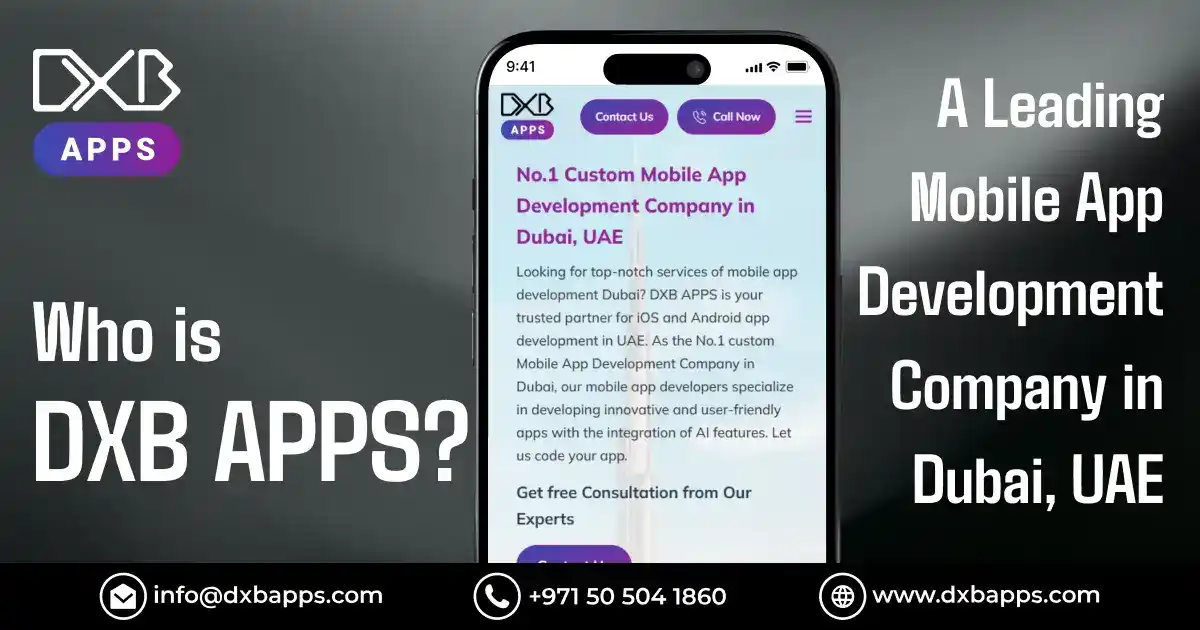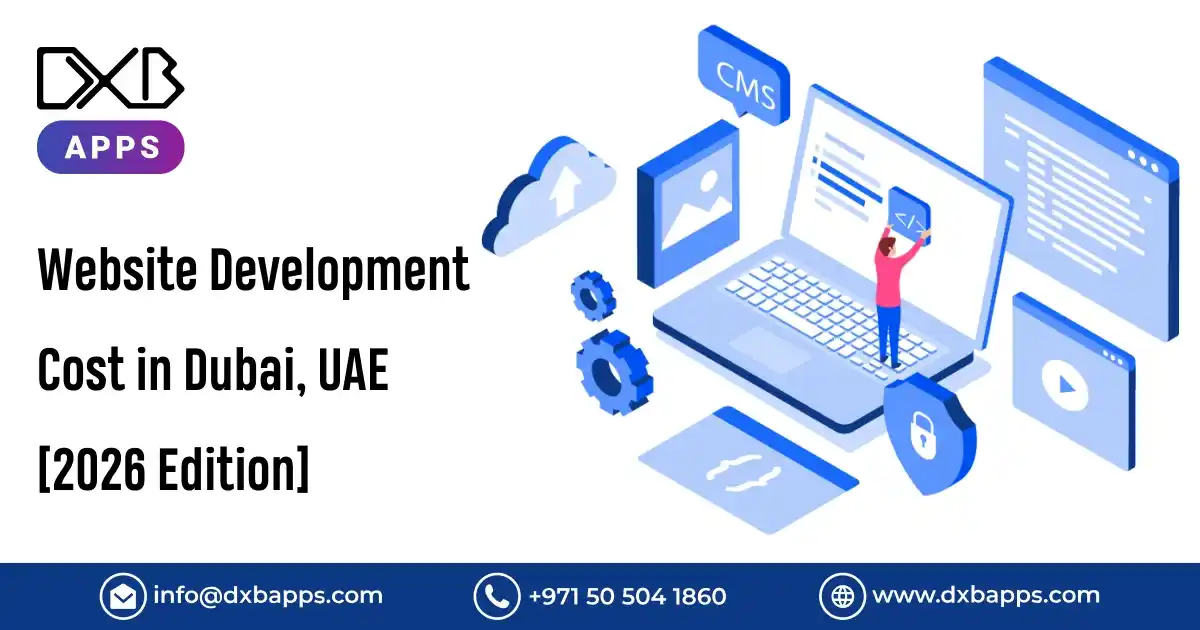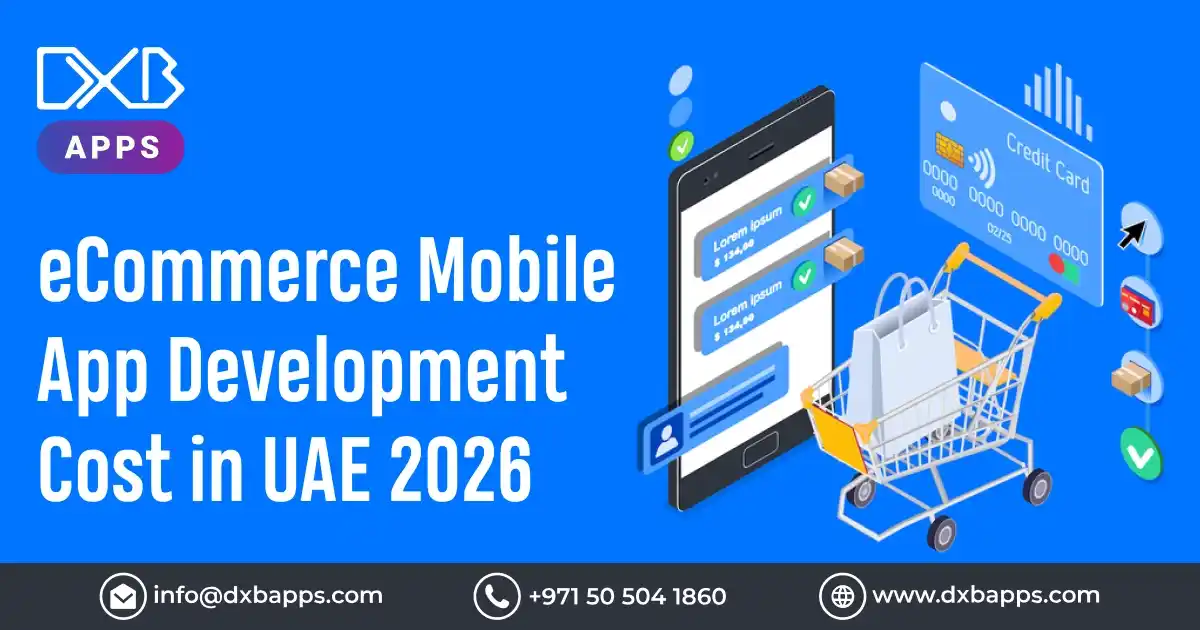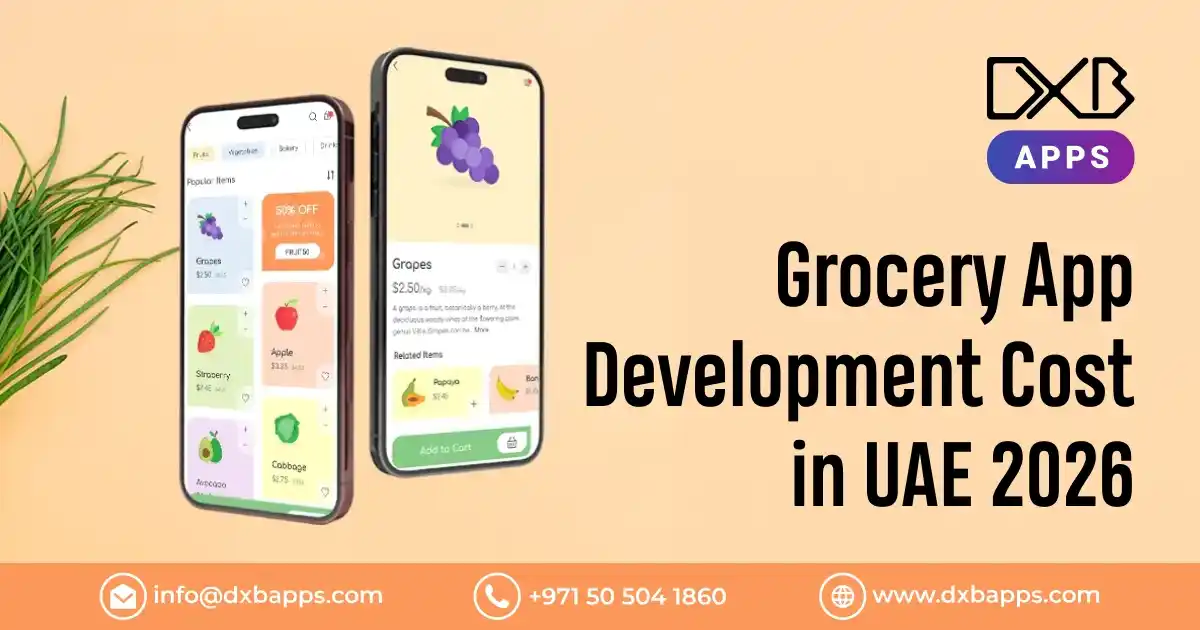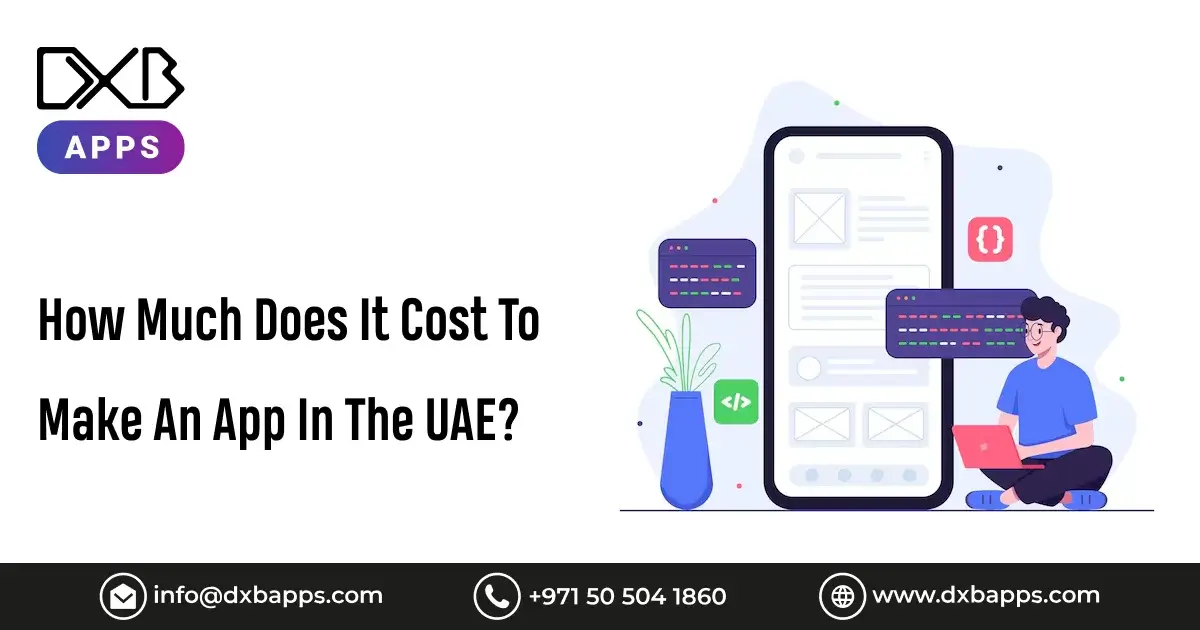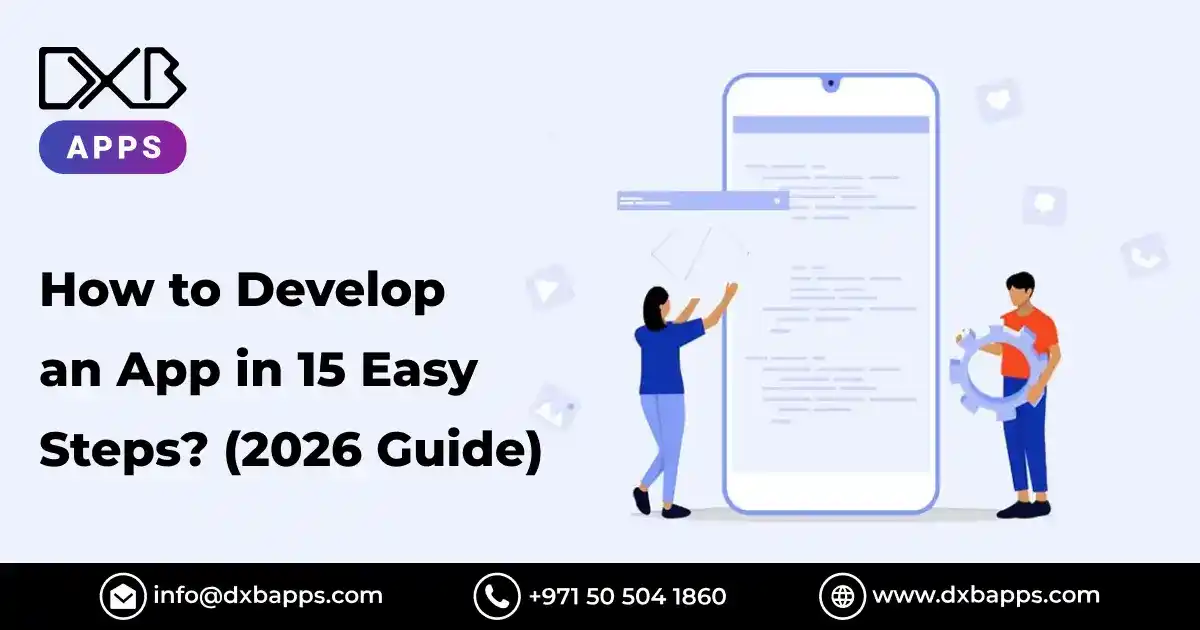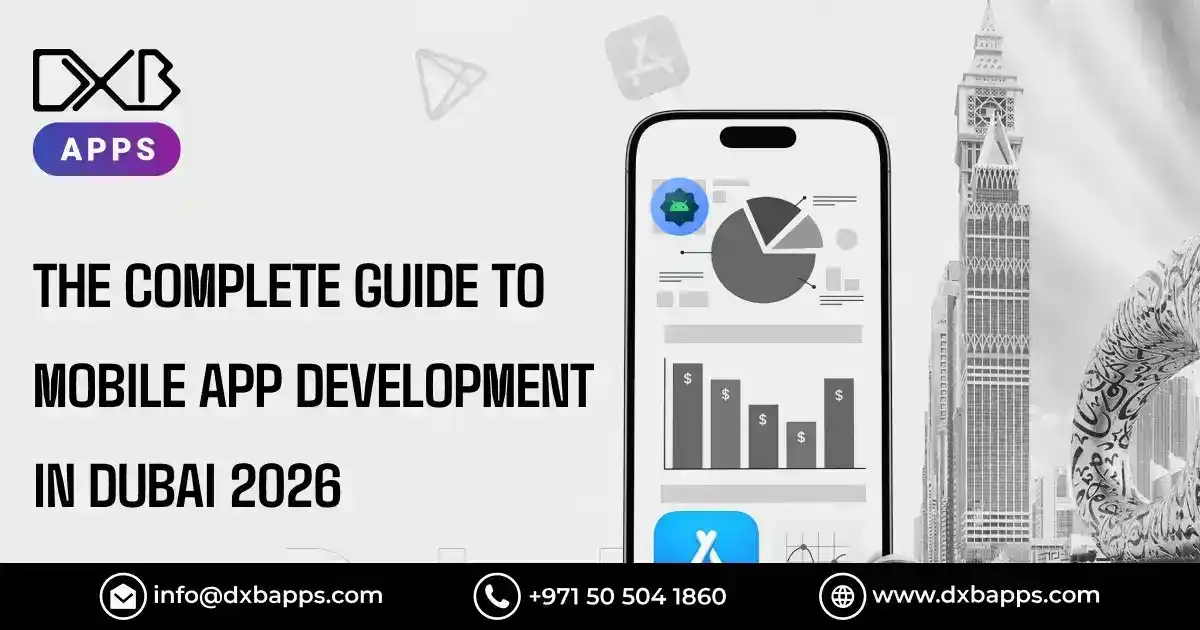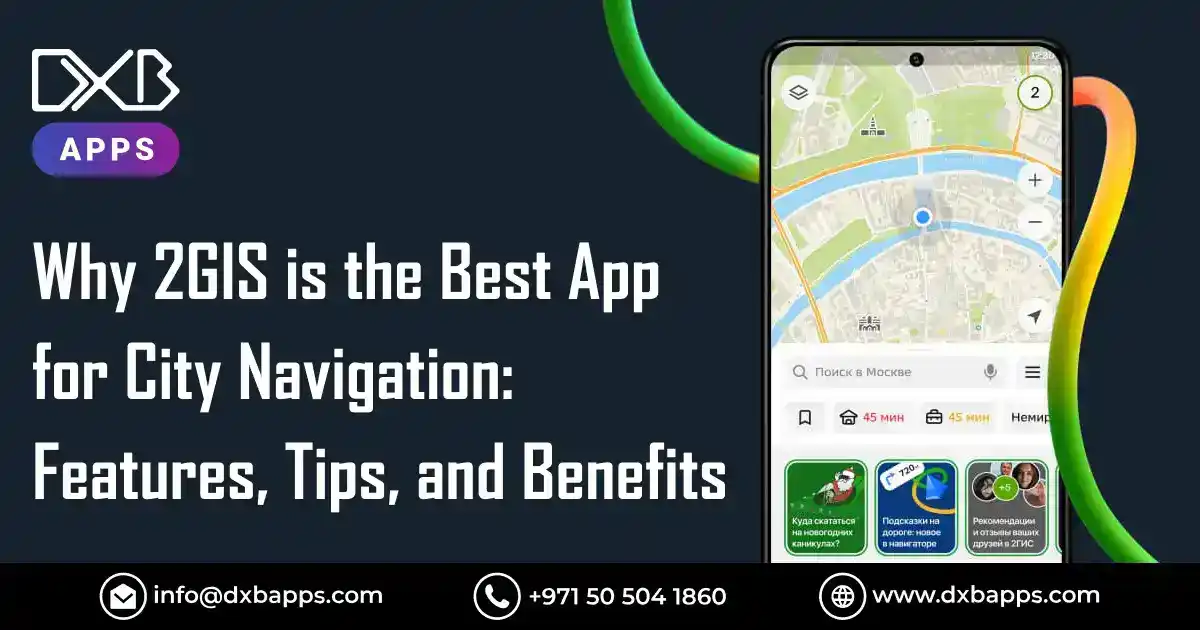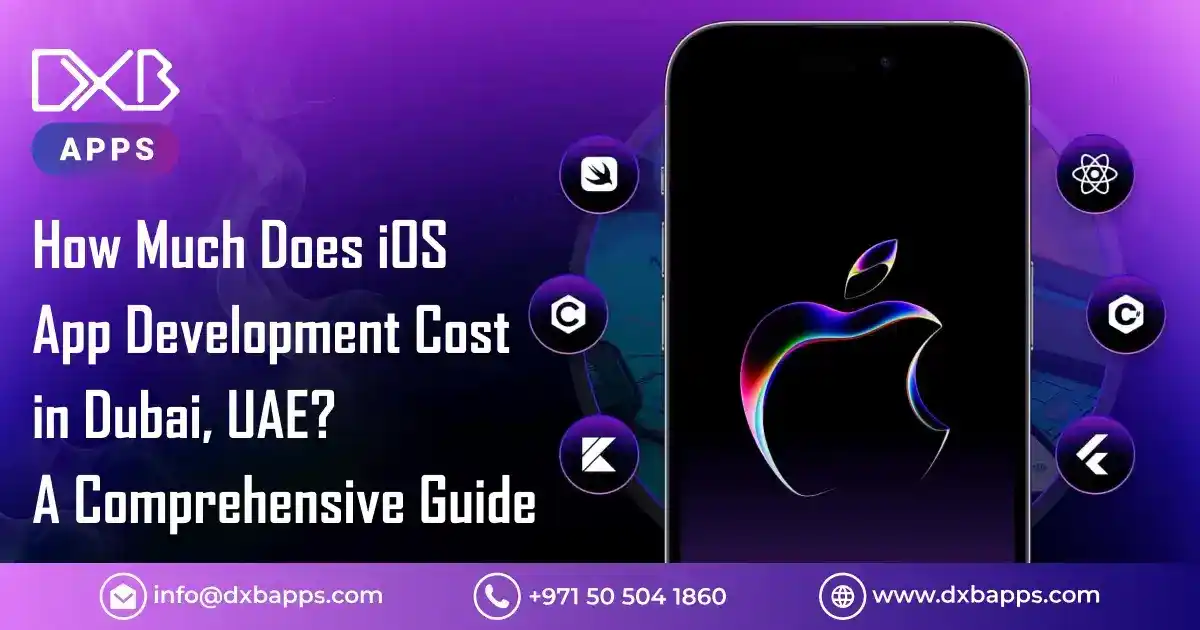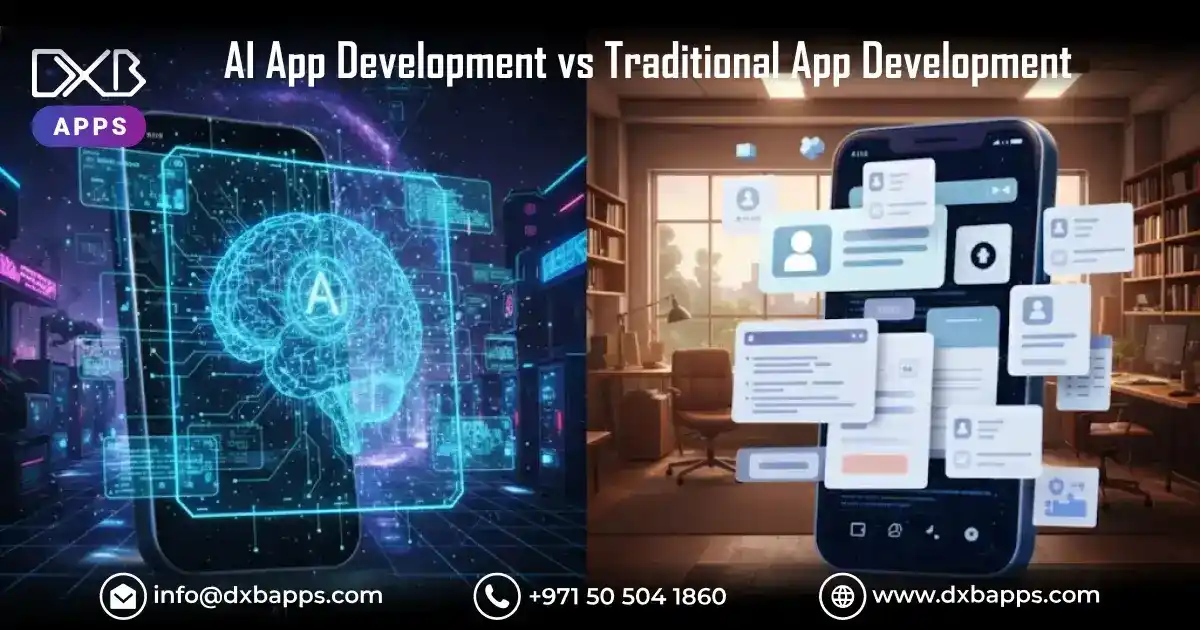From Pong and Tetris to develop a game app, so much time has flowed. In comparison, nowadays, games apps are way more immersive, visually stunning, and easily accessible. Creation of your own online game app is an utterly real goal for so many aspiring developers today, especially with the rise of mobile gaming and indie game development.
Game development is, therefore, a multi-disciplinary process that calls for vast fields of study, from programming to design, from artistry to sound and the telling. But with proper tools, resources, and mentorship, anyone should be enabled to turn game ideas into reality.
The succeeding sections provide an overview of some of the steps on how to make a game app, from conceptualization to marketing and beyond. So let's get started!
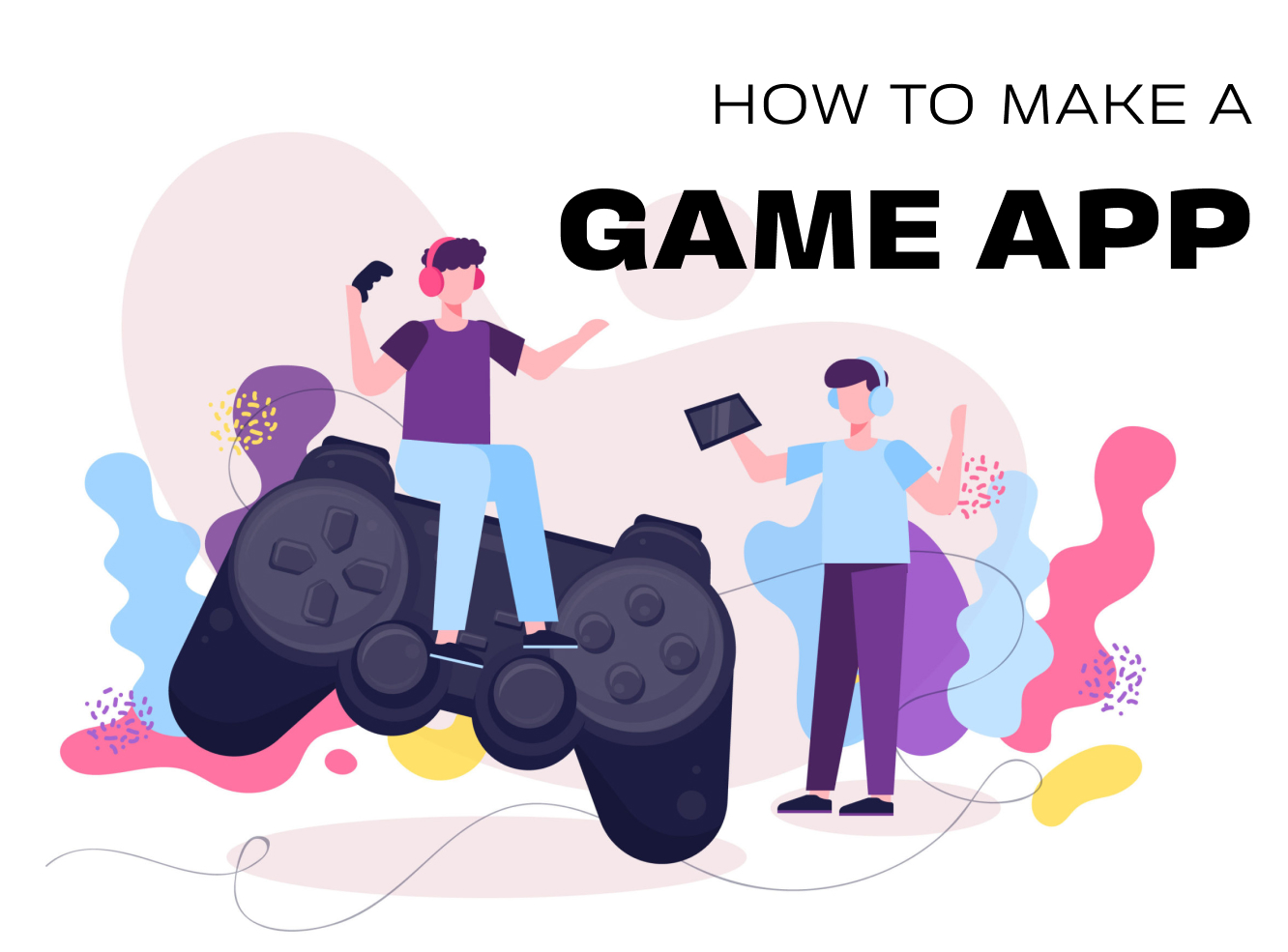
Understanding Game App Development
There are major aspects to develop a game app that need to be understood before embarking on your journey for game development. A closer look at each of the stages is given below.
1. Designing Your Game
The first step of the roadmap to develop a game app involves designing your game concept. It is where the core mechanics, gameplay elements, and the whole vision for your game are defined. The important points of consideration during the design phase include:
Game Mechanics:
Define the rules of gameplay, interaction, and business drivers.
Gameplay Elements:
Characterise the characters, environments, power-ups, and all other elements that make your game engaging.
Storytelling:
Stipulate an intriguing narrative or back-story that engages players within your gaming world.
Visual Style:
Define at large the Art Style, Graphics, and Animations That Reflect the Aesthetic of Your Game.
In the design phase, research on similar games should be performed by surveying the competition and gathering feedback from potential players to finesse your ideas and assure a place for your game in the gaming market.
2. Game Development
Now that you have got a solid game design in place, the time has come to break it down and bring your ideas into life through game app development. The steps that are mainly involved in the development phase include:
Choosing the Right Development Platform:
Choose a game engine or programming language most suitable for your game. This could be, among many others, Unity, Unreal Engine, or Godot.
Game Assets:
Plan or procure what will be used by your game, whether it is models, textures, audio, or sound effects.
Game Mechanics:
Develop the priceless mechanics and elements of gameplay that were scribbled down during the design phase.
Iterate and Test:
Run your game at every step of your development and keep refining it to find and fix any bugs and problems in the gameplay.
Development is when balance is kept between creativity and technical feasibility. Be prepared for iteration and change as the limitations of your development platform come sharply into relief, and through testing.
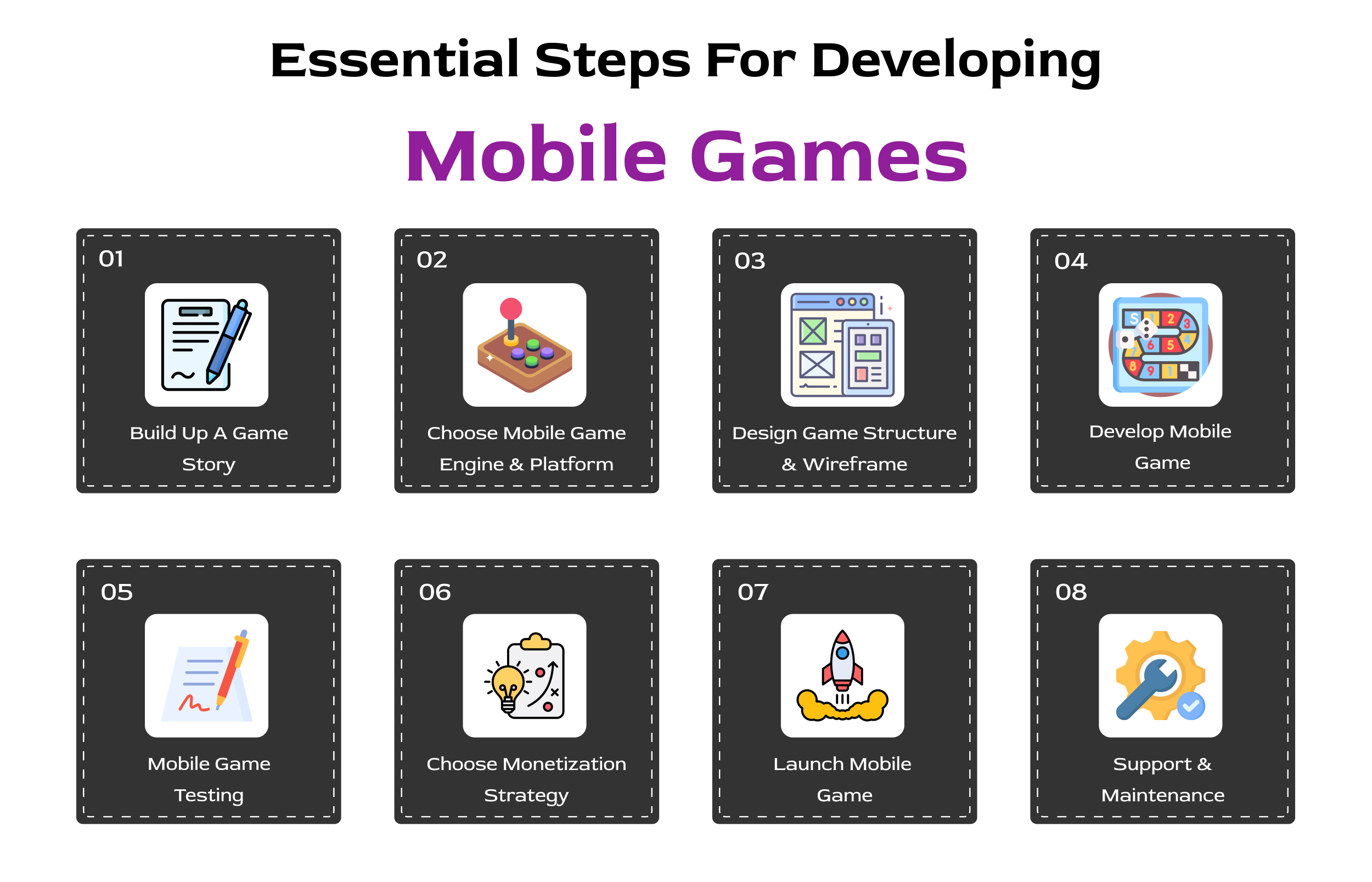
3. Testing and Quality Assurance
Testing is yet another important part to develop a game app process. It ensures that your game is free from bugs, smooth, and user-friendly in terms of functionality. The following are some important aspects of testing and quality assurance:
Functional Testing:
Test your game to see that all features and mechanics are in place.
Performance Testing:
Check its performance in frame rate, load times, memory it consumes, etc.
Usability Testing:
Take feedback from players to assess the overall user experience, and bring out improvement areas.
Compatibility Testing:
Choice and connectivity of your game will need to be experimented on different available devices, operating systems and available screen sizes.
You can use automated testing platforms like Preflight for end-to-end testing of your Order of Play and be certain of the fact that everything works as expected. We cannot say enough times that the testing stage is very critical in terms of being able to deliver a polished and bug-free game to players.
4. Launching Your Game
Once you have your game ready, it is time to launch it live to players. Here are the main steps of this launch phase:
Choose the Right Platforms:
Define what kind of platforms you plan to release your game to—for example, mobile app stores, PC gaming platforms, or console marketplaces.
Prepare Game for Release:
The game has to be compatible with the guidelines and requirements of the platform regarding things such as age ratings, restriction to content, and technical details.
Get Your Promotional Materials Ready:
Get a trailer, screenshots, and other promotional materials that will show your audience what your game is all about and popcorn interest in them.
Submit Your Game for Review:
Go according to the directions given by the platform for the submission process and submit your game. Wait if need be, while the game is under evaluation.
Design Your Launch Strategy:
The marketing plan incorporates campaigns on social media, influencer tie-ups, and press releases for your game.
It goes without saying that the release of your game could be the most enriching experience in your lifetime, but remember that just submitting the game is not the end of your job. The success of the game will depend on how well you market and receive user feedback.
5. Marketing Your Game
Marketing can do wonders for your game app. Here are some strategies to market your game:
Create a Website/Landing Page:
Do make a website or a landing page specifically for your game where users could get the required information, updates regarding games, and even express themselves through it.
Social Media Utilization:
Advertise your game through the social networks and answer to certain players’ questions, as well as provide the updates with behind the scenes materials.
Influencer Marketing:
Engage popular facebook personalities and bloggers within the gaming niche to help them advertise the game to their followers.
.App Store Optimization:
Remember to develop a game app and optimise it by store listing, adding appropriate keywords, appealing screenshots, and a captivating description.
Engage the Gaming Community:
Be at the very epicentre of gaming forums, communities, etc., to reach out to gamers for feedback and create a loyal following.
Remember that good marketing includes a proper plan of action and execution. Don't be afraid to get creative and throw a little bit out there on screen to see what really works for your target audience.
6. Gathering User Feedback
Listening to the players and getting user feedback is very important for long-term success of your game. Here are some different ways to gather user feedback:
In-game:
Make sure there is some method for players to give feedback on the game easily, through a feedback form or even via a special email devoted to the job.
Surveys and Questionnaires:
Prepare questionnaires to take specific feedback about the gameplay, mechanics, or user experience.
Community Engagement:
Engage in the player community via social media, forums, or a Discord server; track discourses, solve problems, and, if necessary, provide player recommendations.
Analytics and Data:
Use analytics to keep data on player behavior, time spent in the game, and player retention. With such data at hand, valuable decisions related to further updates and developments can be realised.
With the purpose it serves—be it finding areas of improvement, fixing bugs, or improving the player experience—added to this, it is a very valuable resource. Embrace feedback as a means of growth and evolution of your game.
Why Choose DXB APPS For Innovative Mobile App Development?
Be assured that at DXB APPS, we are your trusted mobile application development partner in the UAE. We provide comprehensive solutions, be it support with any app issues or full-scale development. Our ability and expertise in mobile app development dubai and app development abu dhabi will surely lead your app to success.
Conclusion
The following steps religiously will help in making a successful game app. Every stage from concept to support after launching is very crucial. Collaborations of professionals of the level of DXB APPS will help in taking the quality and market performance of the app to the next level.
FAQs
How to create a game app free of cost?
Yes, you can create a game app for free. There are plenty of free game engines and development tools at your disposal, for example, Unity, Godot, Unreal Engine. These websites have free models where most of their features are free and can enable you to create and publish games without financial upfronts. However, be very aware that there may be more costs involved with premium features or assets one might want to use.
How much does it cost to develop a game app?
The budget for developing a game app differs on variables: the nature of the game, the development platform, team size, and resources involved. Whereas simple mobile games can be created on a shoestring budget, large-scale games require millions of dollars to make. You need to plan your budget properly, considering each expenditure from the very beginning of development tools and assets applied to the end of marketing and further maintenance.
Is developing a game app challenging?
Developing a game app could be quite a challenge, more so if you're new to game development. It requires technical skills and creative juices, not to mention just plain determination.

